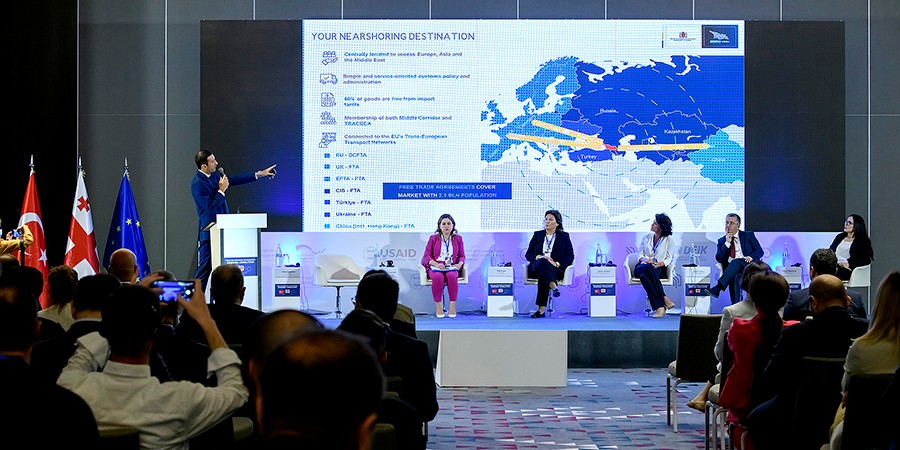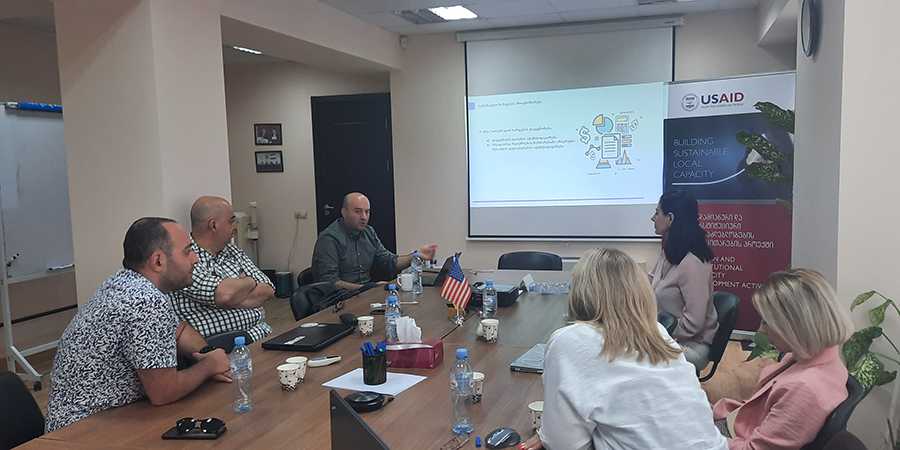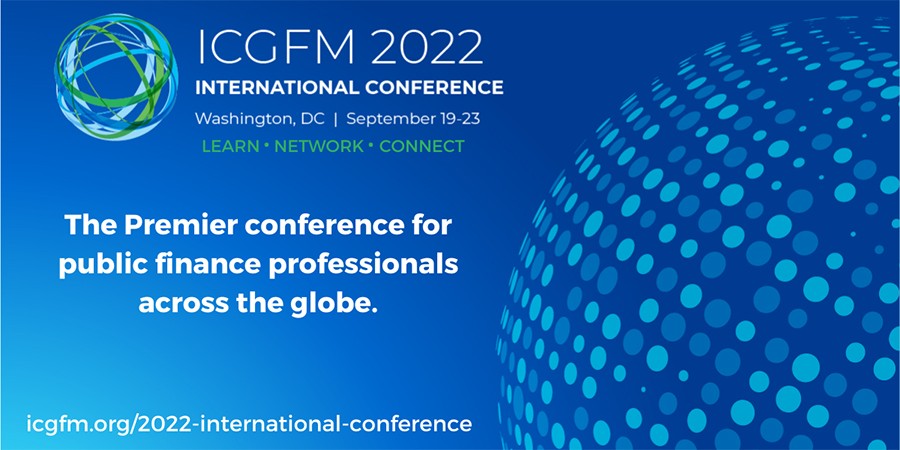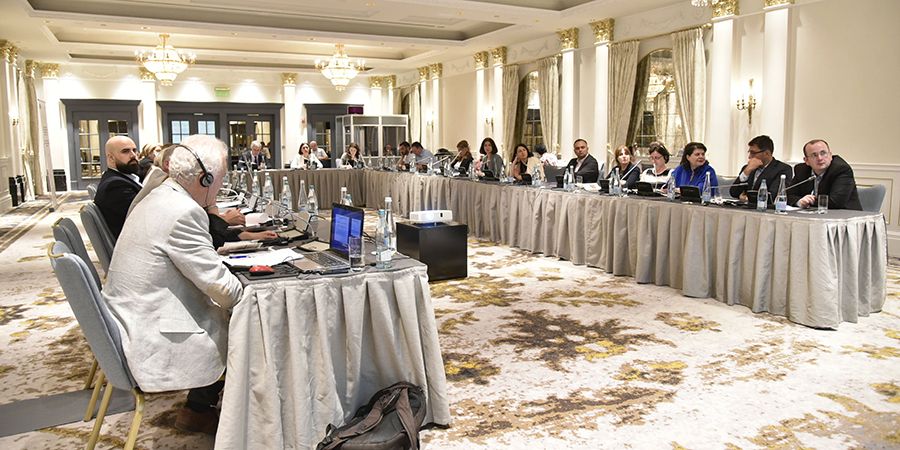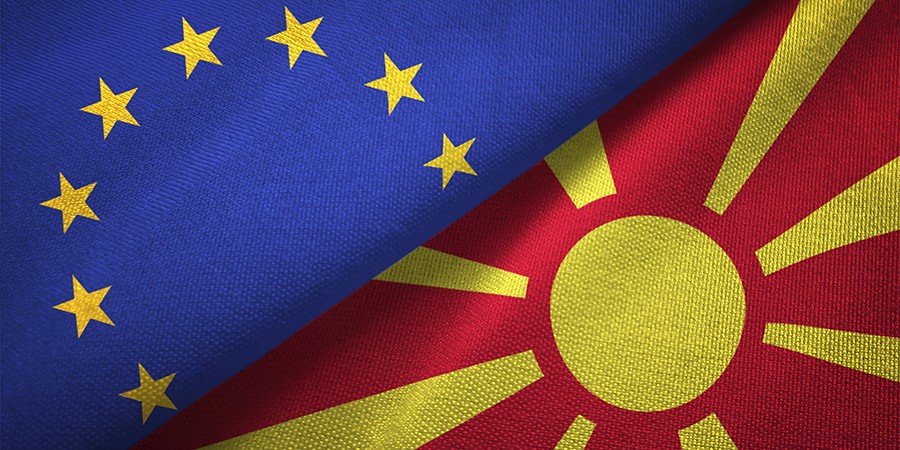Caught in Between: Georgia’s European Aspirations Under Russian Influence
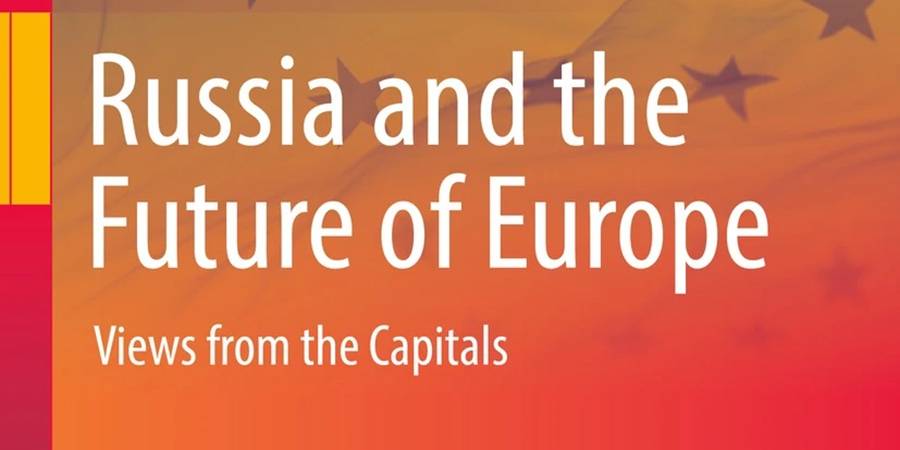

PMC Research Center (PMC RC) recently contributed to the Trans European Policy Studies Association’s (TEPSA) book entitled Russia and the Future of Europe, which examines how EU Member States and countries in the EU’s neighborhood relate to Russia.
The book covers these countries’ historical, financial, and political ties, as well as public perceptions vis-à-vis Russia. Accordingly, each chapter of the book focuses on explaining the country’s position with regard to Russia and predicts how these relations will develop in the future. Moreover, the book shows the diverse relations that many European countries have with Russia, highlighting some contrasts between the EU as a whole and specific individual nations.
PMC RC, and specifically its researchers Irakli Sirbiladze and Elene Panchulidze, focus on Georgian-Russian relations in their chapter entitled “Caught in Between: Georgia’s European Aspirations Under Russian Influence.”
Georgian-Russian relations have historically been hierarchical due to both the clear disparity in the respective states’ capabilities and Russia’s expansionist foreign policy aimed at bringing its smaller neighbors under its influence or even control. Considering Georgia as part of its privileged interest, Russia disregards Georgia’s sovereign right to determine its own foreign policy path.
In this chapter, the authors discuss Georgia’s historical, political, and economic relations with Russia, as well as public perceptions and media coverage of Russia in Georgia. It also examines how Georgian-Russian relations impact upon Georgia’s developments with respect to the EU, and how relations between Georgia and Russia are likely to unfold in the near future, and what role the EU will play therein.
“The chapter on Georgia – written before Russia’s fully-fledged military aggression against Ukraine – contributes to the understanding of Georgian-Russian relations, discusses Russia’s attempts to thwart Georgia’s EU aspirations, and offers views on how the EU should engage with a revisionist Russia,”
noted Ms. Panchulidze.
“Russia’s ongoing war against Ukraine has substantially altered European security and led to the EU’s decision to recognize the European Perspective for Georgia, setting the country on an unambiguous path towards the EU that seemed almost unattainable until very recently. As the war continues, Georgian-Russian relations will inevitably evolve. The degree and direction of this evolution will largely depend on the outcome of the war and the domestic political dynamics within Georgia,”
added Mr. Sirbiladze.
Follow the link here to read more about the publication: https://link.springer.com/chapter/10.1007/978-3-030-95648-6_30
